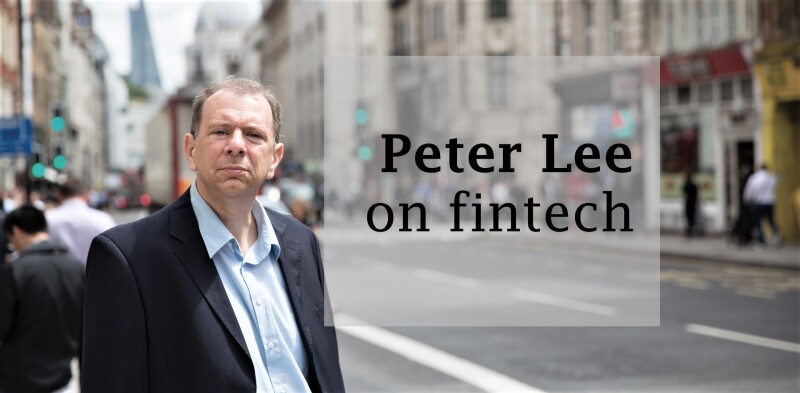
European bankers, fintech entrepreneurs, their lawyers and consultants were all struggling with the still-new concept of open banking at the Innovate Finance Global Summit in London in March.
The notion that individuals might be willing to share their banking transaction details with third-party developers of APIs is a marketing man’s dream, promising a treasure trove of data that might lead straight to customer revenue.
As Deloitte points out: up to now, data profiling based just on online behaviours has some purchase information buried within, but much of the data is about consumer interest and intention, rather than consumer action.
Banking transactional data, by contrast, is all about knowing where, when and on what consumers have decided to spend their money.
The process of prizing open that treasure trove of personal data is likely to be fraught. As bankers huddled at the conference, all the talk was of the collapsing share price of a once-trusted tech leader that had allowed third-party API providers to harvest the personal data of its users and their friends without their knowledge.
“I don’t think you’ll hear too many banks saying they want to be the Facebook of finance anymore,” one contact at a big bank testing a banking platform business model tells Euromoney.
